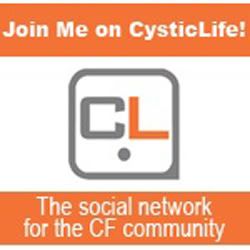Stable asthma patients reported the same degree of symptom improvement with inhalation of albuterol as occurred with a placebo inhaler or sham acupuncture (50%, 45%, and 46% improvement, respectively, P=NS) in a blinded pilot study led by Michael E. Wechsler, MD, of Harvard and Brigham and Women's Hospital in Boston.
"Placebo effects can be clinically meaningful and can rival the effects of active medication in patients with asthma," the group concluded in the paper.
Yet the results also suggested that physicians need to keep a close eye on objective measures of asthma control, Wechsler and colleagues noted.
Albuterol had a strong objective effect on airflow, with a mean 20% improvement in forced expiratory volume in 1 second (FEV1) -- nearly three times the 7% boost seen in all three other groups (P<0.001).
But "patients could not reliably detect the difference between this robust effect of the active drug and the effects of inhaled placebo and sham acupuncture," the researchers warned.
So "subjective improvement in asthma should be interpreted with caution and objective outcomes should be more heavily relied on for optimal asthma care," they recommended.
However, patients' subjective experiences are not wrong simply because they don't fit the objective facts of FEV1 and actually should trump physician judgment in such symptom-defined conditions, Daniel E. Moerman, PhD, of the University of Michigan in Dearborn, argued in an accompanying editorial.
"It is the subjective symptoms that brought these patients to medical care in the first place," he wrote. "They came because they were wheezing and felt suffocated, not because they had a reduced FEV1."
A treatment should be acceptable as long as it yields significant improvement for patients, has a reasonable cost, and doesn't have negative effects over the short or long term, Moerman suggested.
The study included 46 patients randomized to double-blind treatment with an albuterol inhaler, a placebo inhaler, sham acupuncture, or no intervention administered in a crossover design during a total of 12 sequential office visits three to seven days apart after a washout period for short- and long-acting bronchodilators.
The no-intervention group acted as a control for the placebo groups, which few prospective studies have tried, the researchers noted.
The most likely explanation for the greater efficacy of placebo was expectation of improvement as "the mere ritual of treatment may affect patients' self-monitoring and subjective experience of their disease," they wrote.
The study was limited by use of a nonvalidated subjective measure of asthma symptom improvement that didn't include a measure of worsening as well as by unknown generalizability to chronic asthma, the group cautioned.










